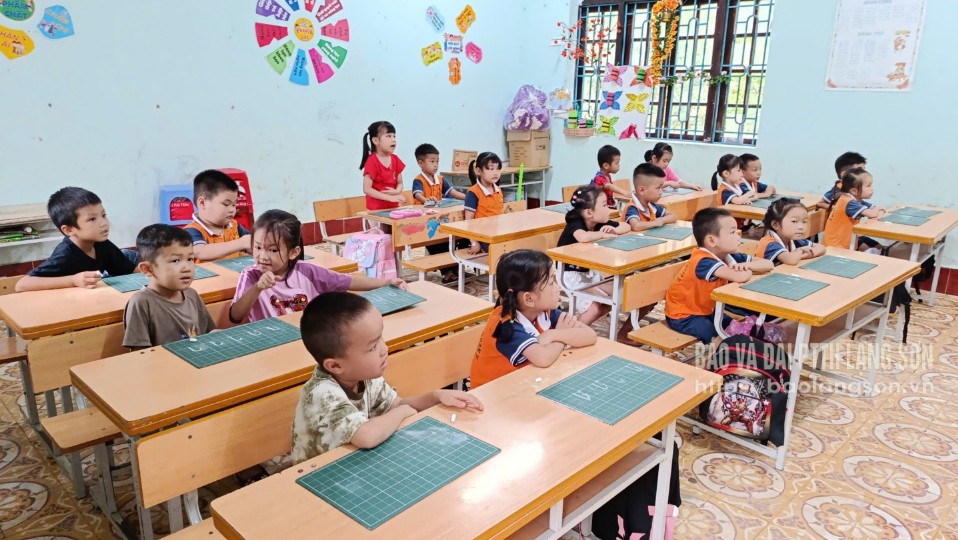
Looking back over the past years, each school year the province has more than 200,000 students from kindergarten to high school. Every year, provincial authorities at all levels implement many policies to support tuition fees from the State and the province to each school, gradually helping parents and students in disadvantaged areas in the province reduce pressure, especially at the beginning of the school year.
Specifically, according to the 2019 Education Law, all public primary school students (accounting for about 35% of the total number of students) in the province have been exempted from tuition fees. Along with that, according to Decree 81/2021/ND-CP, the province exempts and reduces tuition fees for poor, near-poor, ethnic minority, disabled, and orphaned students. The annual rate of beneficiaries of this group is about 25-30% of the total number of students, concentrated in mountainous and border communes. In particular, from the 2024-2025 school year, the Provincial People's Council continued to issue Resolution No. 10/2024/NQ-HDND, exempting tuition fees for more than 10,000 5-year-old children in public preschools that have not yet covered their regular expenses. Thanks to that, it is estimated that about 60-65% of students in the province have enjoyed tuition exemption and reduction policies. However, there are still about 35–40% of students who are not eligible for support and still have to pay tuition fees according to regulations.
Therefore, when Resolution 217 officially takes effect from the 2025-2026 school year, 100% of students from kindergarten to high school in public institutions in the province will be exempted from tuition fees, while non-public students will also receive partial support from the State, the specific level will be decided by the Provincial People's Council. This means that students in the province who have never been exempted from tuition fees before will be added to the list of beneficiaries, contributing to ensuring absolute fairness in tuition fees among student groups.
Sharing with us, Mr. Chu Van Nghia in Quoc Viet commune said: “My family has two children of school age, one in kindergarten, one in primary school. Meanwhile, my wife and I do not have stable jobs, only seasonal jobs, with unstable income, so at the beginning of each school year we have to worry about all kinds of expenses, and for many years we had to borrow more to cover the expenses. Now that tuition fees are exempted, even if it is only a small amount less each month, it helps the family to lighten the burden and feel secure in taking care of their children's books and clothes.” Mr. Nghia's story is also a common concern of many parents, especially in rural areas, where school expenses always account for a significant portion of income.
Not only does this policy reduce financial pressure on parents, it also makes it easier for schools to mobilize students to attend classes. Ms. Phung Thi Quynh, Principal of Binh Phuc Kindergarten (Yen Phuc Commune) said: “The school has a main campus and three satellite campuses, a large area, and many households living in difficult circumstances. In recent years, thanks to the tuition exemption policy for 5-year-old children, it has been easier for us to mobilize children to attend class, and the number of students has always been stable (each year, we welcome more than 200 children to attend). When the tuition exemption policy is applied to all students of all ages, mobilization will certainly be more convenient, and parents will no longer hesitate because of the cost.”
According to Mr. Dang Hong Cuong, Deputy Director of the Department of Education and Training, comprehensive tuition exemption not only helps reduce the financial burden on people but also creates conditions for the sector to firmly maintain universalization work, moving towards improving the quality of education. When tuition fees are no longer a constant concern, parents will be more assured in letting their children attend all levels of education, thereby contributing to maintaining stable student numbers and limiting dropouts. This is also the basis for the education sector to continue to focus resources on improving the quality of teaching and learning, gradually meeting the requirements of innovation in the new period.
From that, it can be seen that for a mountainous border province like Lang Son , where nearly 90% of students are ethnic minorities, the comprehensive tuition exemption policy also has a profound humanitarian meaning, not only "reducing the burden at the beginning of the school year", but also creating more motivation for parents to feel secure, students to confidently enter the new school year, and schools to facilitate the mobilization and maintenance of student numbers. Thereby, creating a foundation for the provincial education sector to continue to improve comprehensive quality, meeting the requirements of innovation in the new period.
Source: https://baolangson.vn/mien-hoc-phi-nhe-ganh-dau-nam-hoc-5053281.html



![[Photo] Rescuing people in flooded areas at the foot of Prenn Pass overnight](https://vphoto.vietnam.vn/thumb/1200x675/vietnam/resource/IMAGE/2025/9/6/19095b01eb844de98c406cc135b2f96c)
![[Photo] 80th Anniversary of the General Staff of the Vietnam People's Army](https://vphoto.vietnam.vn/thumb/1200x675/vietnam/resource/IMAGE/2025/9/6/49153e2a2ffc43b7b5b5396399b0c471)


![[Photo] Prime Minister Pham Minh Chinh attends the 80th Anniversary of the Vietnam Posts and Telecommunications Group](https://vphoto.vietnam.vn/thumb/1200x675/vietnam/resource/IMAGE/2025/9/6/39a89e5461774c2ca64c006d227c6a4e)
![[Photo] General Secretary To Lam attends the 80th Anniversary of the General Staff of the Vietnam People's Army](https://vphoto.vietnam.vn/thumb/1200x675/vietnam/resource/IMAGE/2025/9/6/126697ab3e904fd68a2a510323659767)


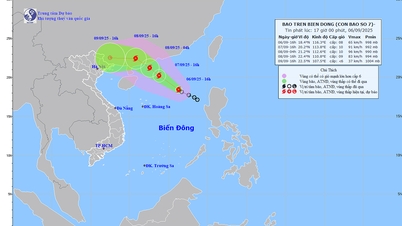

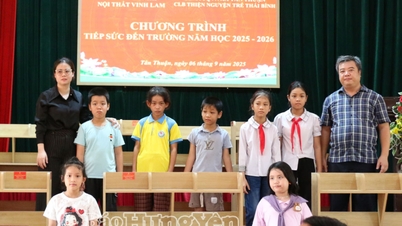














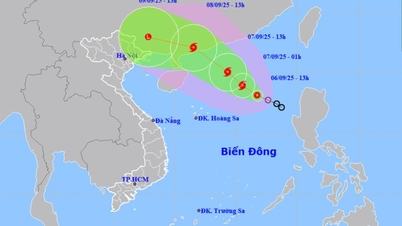

![[Photo] Many people directly experience beloved Uncle Ho and the General Secretaries](https://vphoto.vietnam.vn/thumb/1200x675/vietnam/resource/IMAGE/2025/9/6/2f4d9a1c1ef14be3933dbef3cd5403f6)










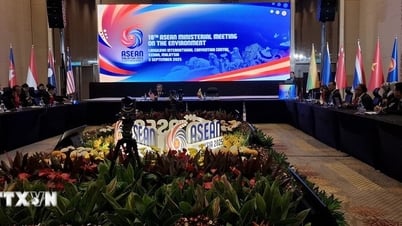
















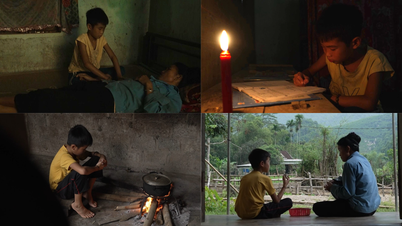



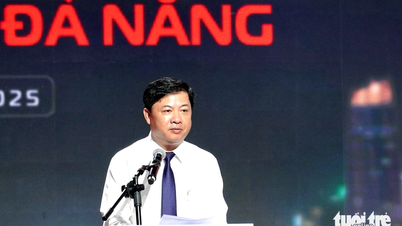



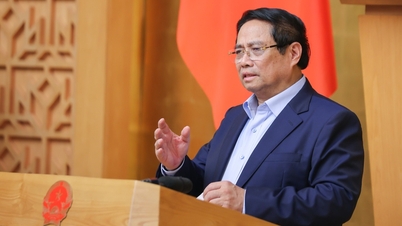


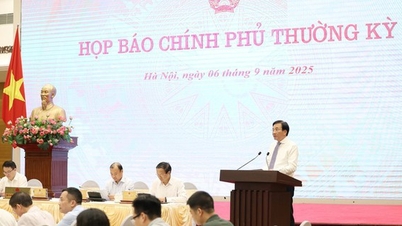






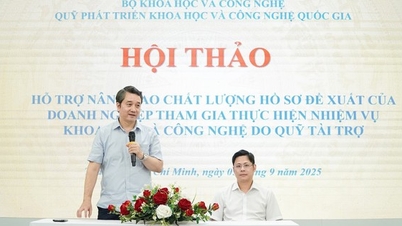


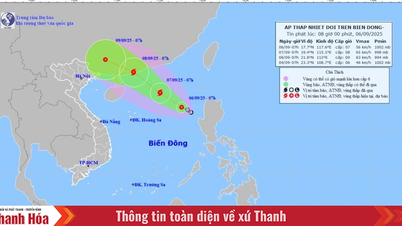






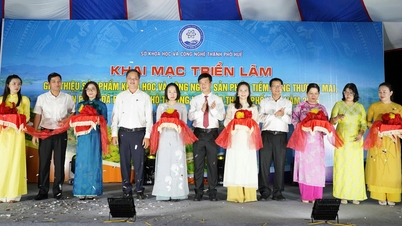









Comment (0)